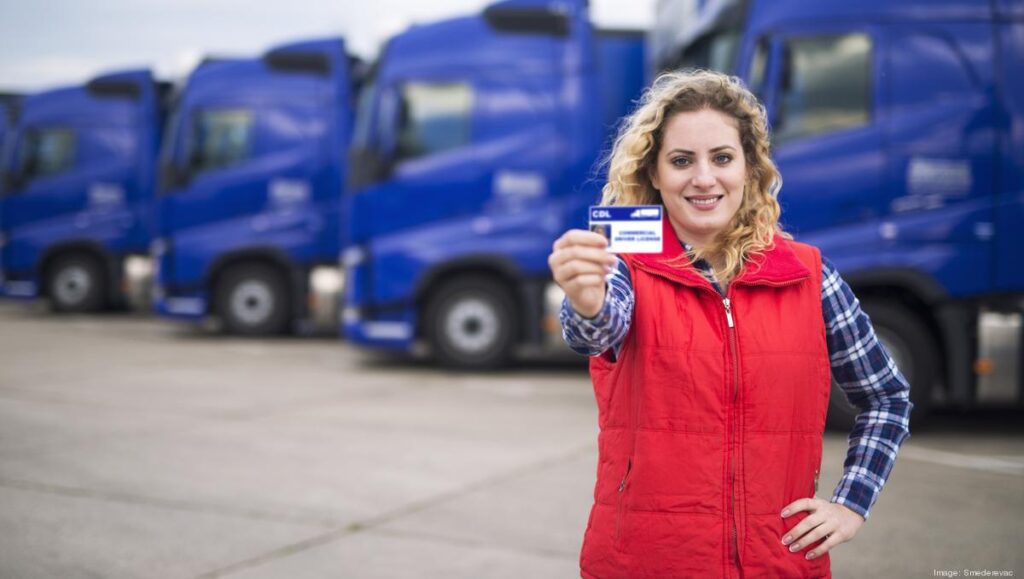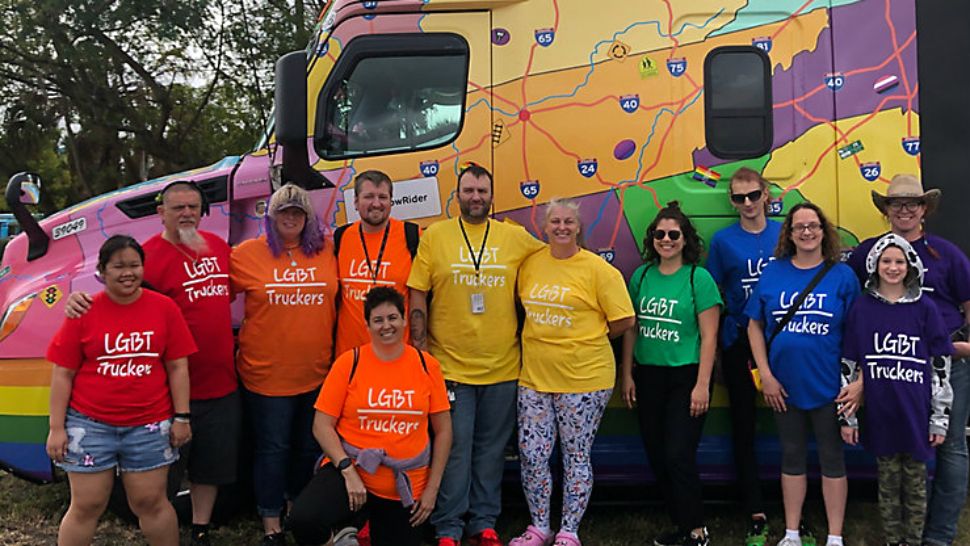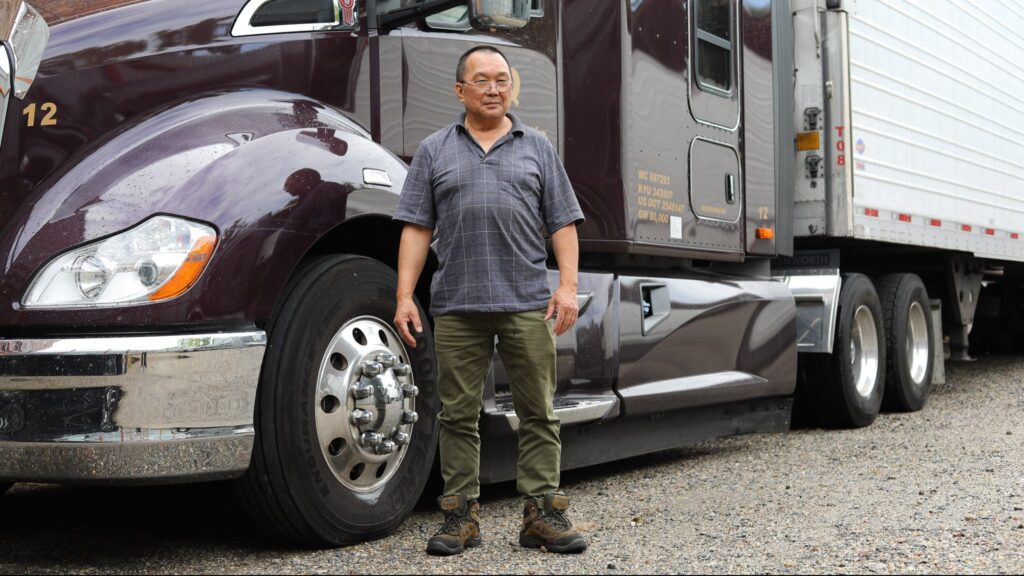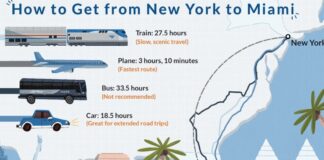
Trucking is associated with a particular lifestyle, and its drivers are even more so. However, many of the most successful figures in trucking defy traditional stereotypes: they come from diverse backgrounds, have varied interests and experiences, and represent a new wave of success stories in the industry.
In this article, we’ll explore how some influential individuals within trucking challenge norms while changing public perceptions about those who make up the vast rolling workforce of America’s highways. We’ll hear what inspires them to keep working hard yet still provide for their families and do something they can be proud of – showcasing that no two faces fit the same mould for truckers today.
Introducing the Faces of Trucking
The trucking industry has long been vital to our economy, delivering goods and products to businesses and consumers nationwide. However, the face of truck driving has expanded to include individuals from various backgrounds and walks of life. From veterans and women breaking down gender barriers to immigrants pursuing the American dream, trucking has become a career path for many who seek stability and growth opportunities.
Introducing the faces of trucking showcases these individuals’ unique stories and experiences in a field that continues to evolve and thrive. Their hard work and dedication remind us that diversity and inclusion in the workforce are beneficial and essential to our overall success as a society. Parking overnight near me is essential for truckers, typically on the road for long periods.
Women in Trucking

Despite its male-dominated landscape, the trucking industry is increasingly becoming more inclusive of women. In fact, according to data from the U.S. Department of Labor, women make up nearly 11 per cent of all commercial drivers and are projected to make up close to 25 per cent by 2025.
Women in trucking face unique challenges when pursuing a career in this field – from safety concerns while out on the road to having their presence viewed as an anomaly within the industry. But through their hard work and dedication, they are proving that gender should not be a limiting factor for success in trucking and beyond.
The Young Drivers

Young drivers – those under the age of 25 – are increasingly choosing trucking as a way to start their careers. With the potential to earn good money and a flexible lifestyle, it’s no surprise that trucking has become an attractive option for young people looking for job security and independence.
These new-generation truckers come from all walks of life, each with different motivations for entering this field. Some seek financial stability, while others want to travel and explore the country, but they all share a common goal: creating a successful future in trucking.
LGBTQ+ Community

The LGBTQ+ community has long been underrepresented in the trucking industry, but that is beginning to change. As attitudes towards diversity and inclusion become more mainstream, more queer individuals opt for a career in commercial driving.
These drivers bring their unique experiences to the table and provide a valuable perspective on life on the road. They are also proving that sexual orientation should not prevent anyone from achieving success in trucking – or any other field – and inspiring others to break down societal expectations along the way.
Immigrant Voices

Immigrants have an important place in American society – there would be no America without immigrants. And this is especially true of the trucking industry, which relies on migrant workers worldwide.
These hardworking individuals are often overlooked within the industry, yet they contribute considerably to the day-to-day operations of trucking companies nationwide. They exemplify what it means to pursue the American dream, inspiring others and showing that no matter where you come from, anything is possible with perseverance and dedication.
Career Upside

Commercial truck driving offers numerous opportunities for those looking to build a career and secure their future. From job security to potential growth, the trucking industry is attractive for those seeking stability and upward mobility.
Whether you’re just starting or transitioning from another field, trucking can provide the path to success many individuals seek. It’s no wonder that more and more people are choosing this profession to earn a good living and gain greater independence in life.
Adaptability and Flexibility
Commercial drivers must adapt to their environment and handle changing conditions. They must also be willing to work long hours and accept that trucking can take them away from home for extended periods.
But when done right, truckers are rewarded with a sense of freedom, flexibility in their schedule, good pay, and access to new experiences they might not otherwise have had. And for many, these are just some of the reasons why trucking is an attractive career path – one that continues to defy traditional stereotypes and prove that no two faces fit the same mould for truckers today.
If you enjoy driving and are interested in becoming a professional driver, feel free to check out our article. You can get to know the best professional driving careers and decide for yourself which one suits you best.
In Conclusion
Whether you’re a veteran, immigrant, woman, or young driver – if the trucking industry interests you, don’t let anyone tell you it can’t be done. Through their hard work and dedication, these individuals break down barriers and defy expectations to make a name for themselves in this ever-evolving field.
They’re also showing us that diversity and inclusion are essential to our success as a society, reminding us of the power of having different voices in the workforce.








